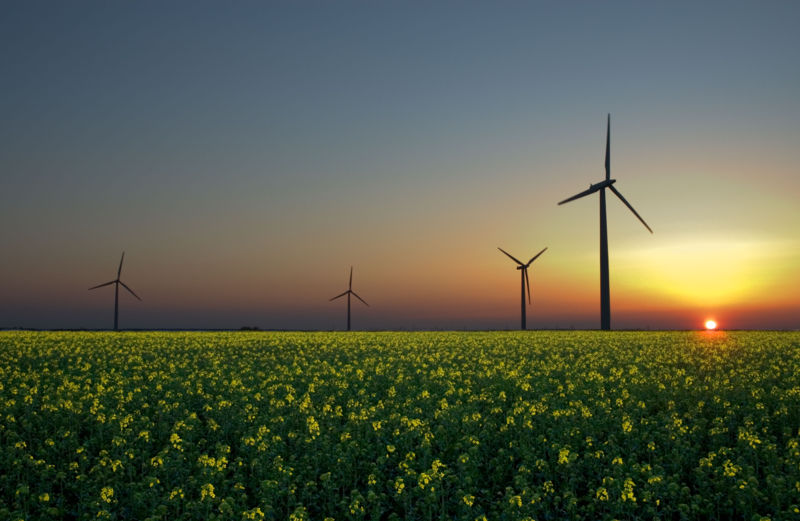Modern civilization has become increasingly reliant on fossil fuels, oil, coal and natural gas. We slowly in comparison with the rate of energy use that all depend on a constant and reliable supply of energy , they are considered finite or limited resources.
For our homes, businesses and for transport, but have you ever thought about the source of the energy you use? In addition, the burning of fossil fuels produces greenhouse gases and other pollutants.
The majority of the energy comes from burning fossil gases are believed to be responsible for trapping heat in fuels (e.g. coal, oil and gas). However, the mix of fuel the Earth's atmosphere, heat that would normally be sources has changed significantly in the last 50 years. In radiated back into space, this effect is being linked to 1950, about 90% of our energy came from coal; but today, changes in the Earth's climate. Coal accounts for only about 15%.Gas now provides a large proportion, with oil and nuclear making up the renewable energy generally produces few or no greenhouse rest and renewable energy accounting for only about 3% gases. The exception is biomass; however the carbon dioxide emitted is balanced by the amount of carbon In the future, the amount and proportion of renewable absorbed from the atmosphere while the plant is growing. Energy generated is set to rise largely because of If biomass is being used sustainable, there are no net carbon government policy and programmed to support renewable emissions over the time frame of a cycle of biomass energy generation production. Biomass is considered to be carbon neutral.
What is Energy?
Energy Is the Ability to Do Work, Energy causes things to happen around us.
When a car drives by, it is being powered by gasoline, a type of stored energy.
The food we eat contains energy. We use that energy to work and play.
Energy can be found in a number of different forms. It can be chemical energy, electrical energy, heat (thermal energy), light (radiant energy), mechanical energy, and nuclear energy
What is renewable energy?
Using renewable energy can provide many benefits, whilst there is a range of energy including:
• Making use of secure, local and replenish able resources, the end product is usually for one of three categories.
• Reducing dependence on non-renewable energy.
•Production of electricity.
•Helping to keep the air clean.
•Generation of heat.
•Helping to reduce the production of carbon dioxide and other greenhouse gases.
•Energy for transport.
•Creating new jobs in renewable energy industries.
Renewable energy comes from sources that are essentially
What are the different types of renewable energy, they include the sun, the wind, flowing water and the heat of the Earth; or replaceable fuels such Renewable energy should not be viewed as a single as plants. Renewable energy can be used for all of the energy source or technology; rather a range of energy above three categories.
Friday, August 28, 2009
Subscribe to:
Posts (Atom)
